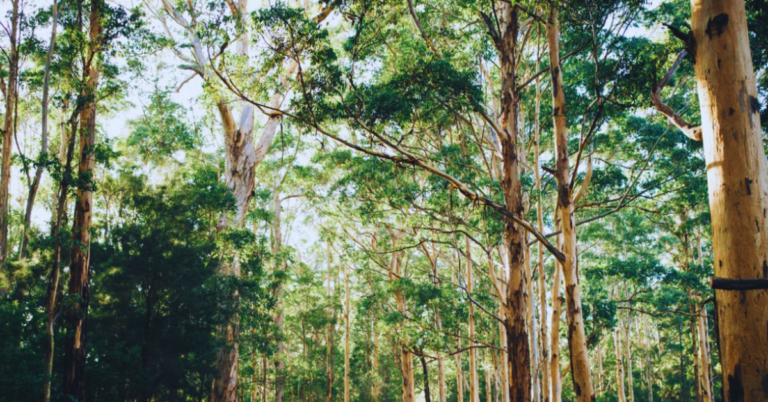
South West NRM CEO Sally Wilkinson said the environmentally diverse region brought complex challenges for all of those involved in protecting, managing and improving its natural spaces.
But it was crucial that evidence-based solutions for addressing the challenges were developed and acted upon to maintain the delicate balance between economic growth and a sustainable future.
“Native forest extent in our region has reduced significantly due to factors including forestry, agriculture, mining and urban development and what remains is at increasing risk from disease and introduced species along with climate change factors such as reduced rainfall, increased temperatures and more frequent, intense bushfires,” she said.
“This is occurring within an internationally renowned biodiversity hotspot – an area with an extremely high number of species that occur nowhere else within Australia, or on this earth. It will take our collective care to ensure ecosystems here are returned to a state where they are healthy, robust and resilient to future change.”
Sally said preserving and restoring biodiversity was key.
Biodiversity was listed as one of three Priority Investment Areas in the South West Region NRM (Natural Resource Management) Plan 2021-2030 – a blueprint commissioned by the Federal Government for addressing the South West’s most pressing environmental challenges.
Contributors to the Plan – developed by South West NRM in 2021 – included experts from universities, State Agencies, Aboriginal Corporations, local government, the farming community, landcare, wildlife and environmental advocacy groups.
“The wealth of knowledge to-hand ensured we identified and recorded the vast range of natural assets within our region, their significance and value to our communities. The review process also brought experts together to assess the type and level of threats our environmental assets face and crucially to brainstorm and prioritise ways in which we can mitigate and manage these threats,” Ms Wilkinson said.
Habitat loss through land clearing was identified in the NRM Plan as one of six key threats.
Sally said enactment of the ban on native logging marked an important period of transition for the state and her team of environmental experts would continue collaborating with industry, government, and community organisations to provide specialist advice on facilitating the change.
You can read the full South West NRM Region Plan 2021-2030 by clicking the below link to our Strategies & Resources website page.



